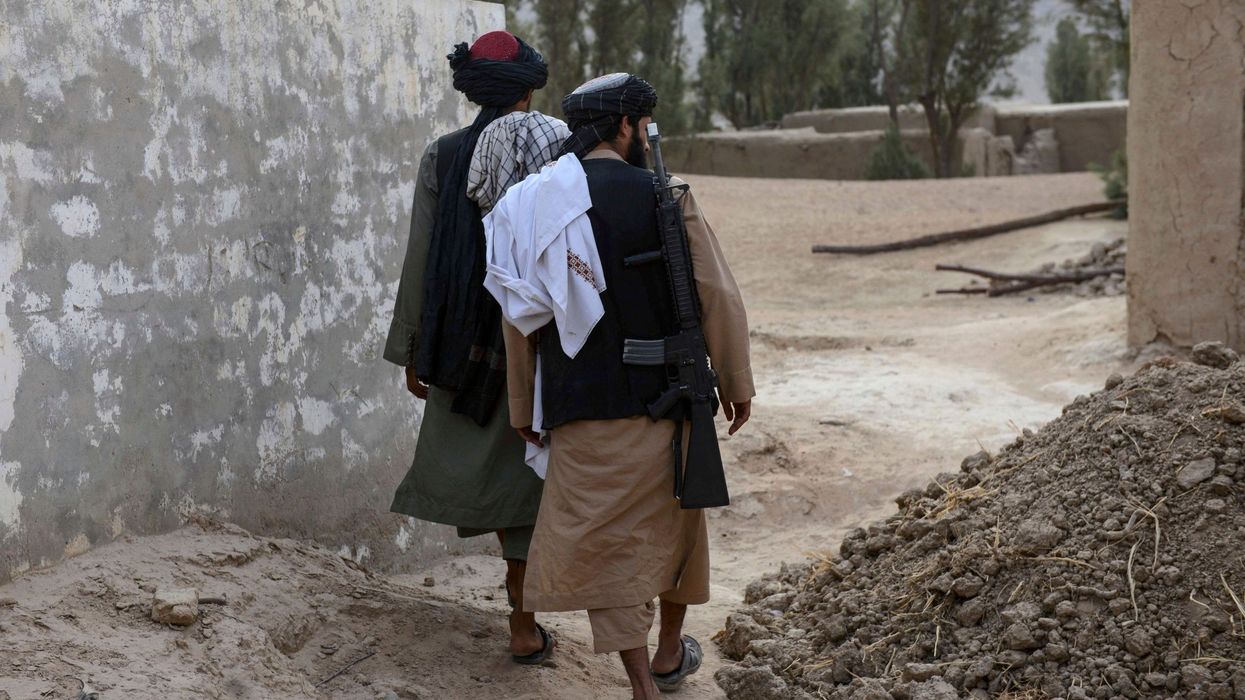The Pakistani Taliban has called off a ceasefire mediated with the help of the Afghan Taliban, accusing the government of violating the terms of the agreed truce.
Tehreek-e-Taliban Pakistan (TTP) -- a separate movement that shares a common history with Afghanistan's new leaders -- plunged the country into a period of horrific violence after forming in 2007.
Seven years after the military cracked down on the movement, Islamabad is trying to quell a TTP comeback after the victory of the hardline Islamists across the border.
In a statement, the TTP accused security forces of killing some of its fighters and violating a one-month truce that was due to end in early December.
"It is not possible to extend the ceasefire in such circumstances," a spokesman for the TTP said.
"Now the Pakistani public should decide who is not abiding by the agreement."
A senior TTP commander based in Afghanistan, a government official and a security official had earlier separately told AFP that both sides had agreed to extend the ceasefire.
Up to 100 prisoners had been released as part of the negotiations.
"We were surprised with the TTP statement," the government official told AFP Friday from Peshawar, a city close to the remote tribal areas near the Afghan border where the TTP are active.
"Our members of the negotiating team were assured about the extension on the ceasefire."
Pakistani prime minister Imran Khan announced in October that the government was in talks with the TTP for the first time since 2014, facilitated by the Afghan Taliban, who had seized power across the border in August.
The talks have angered many within Pakistan, who remember the brutal attacks -- including on schools, hotels, churches and markets -- which killed around 70,000 people, according to successive governments.
Malala Yousafzai, who went on to win the Nobel Peace Prize, was shot by the TTP as a schoolgirl in her native Swat Valley.













